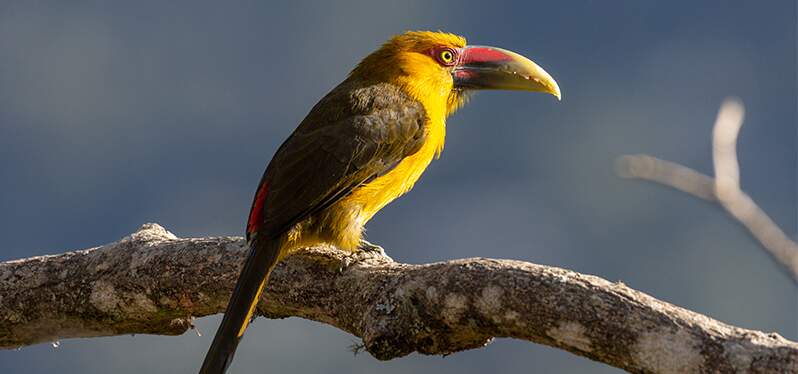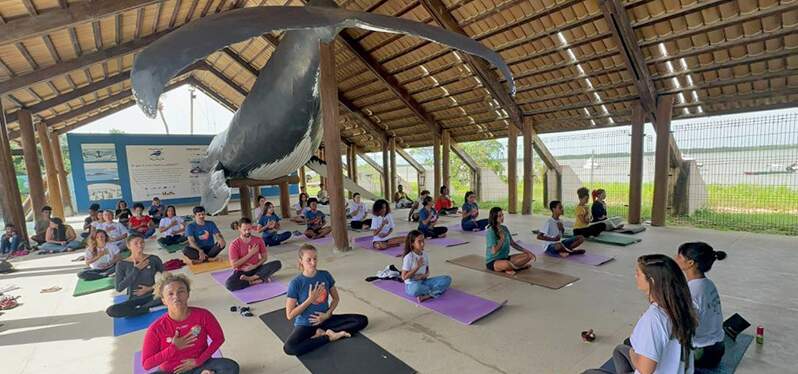Posted in: 07/28/2023
Scattered across Brazil, Conservation Units , known as UCs, have the role of preserving nature, managing the sustainable use of natural resources , in addition to providing for the recovery of natural environments.
Since the creation of the National Nature Conservation System (SNUC) in 2000, more than 2,400 units have been created throughout the national territory, divided between the federal , state and municipal levels .
For better structuring, the Conservation Units were separated into two types : Full Protection Units and Sustainable Use Units . For each type, different categories were created based on the purpose and use of the Conservation Unit, such as ecological stations and extractive reserves.
However, the work carried out in the Conservation Units has been affected by the high rates of deforestation and fire outbreaks . In the Legal Amazon region , the UCs lost more than 1,380 km² of forest , between January and October 2021, according to data collected by the National Institute for Space Research (Inpe).

Through BDQueimadas , Inpe also points out that the federal UCs suffered from more than 8200 fire outbreaks in 2022 – the main ones being in the Flona do Jamanxin Conservation Unit , in Pará, with 1142 outbreaks, followed by Resex Chico Mendes , in Acre, with 1141 fires, and Parna das Nascentes do Rio Paraíba , which includes Maranhão, Piauí and Tocantins, with 764 fires.
The state UCs with the most fire outbreaks, between January and December 2022, were the Environmental Protection Area (APA) Triunfo do Xingu , in Pará, with 3252 outbreaks, the Resex Jaci-Paraná , in Rondônia, with 1042 outbreaks, and the APA of Rio Preto , in Bahia, with 616 fires. And adding all the state UCs, there were more than 9200 outbreaks registered.
To support the preservation of the 335 federal Conservation Units , ICMBio has encouraged the population to get to know the UCs. In 2022 alone, there were more than 21.5 million visits to 137 units across the country.
In addition, there are campaigns carried out by companies and civil society organizations interested in valuing the UCs, which also work to encourage the population, including the Um Dia No Parque action , which, on July 23 of this year, took more than 120,000 people to the CUs . On that occasion, activities were carried out in more than 400 units , 63 of which at the federal level.

The purpose of such actions is to show the Conservation Units to the public and engage people to preserve that area and the entire ecosystem in which the unit forms part, also guaranteeing traditional populations the right to the sustainable use of natural resources .
But in addition to incentive campaigns, there are UCs, such as ecological stations, where visitation is not allowed , only in cases of carrying out research and educational objectives. These measures are taken to prevent the misuse of natural resources and the increase in deforestation or fire outbreaks in the regions.
Are you interested in monitoring the situation of fire outbreaks in protected areas? Then, check out the Focos de Calor report , which brings, in quarterly bulletins, all the information and analysis on the spatial distribution and temporal history of the hot spots registered in UCs and TIs in the Legal Amazon.


Sign up and receive our news.